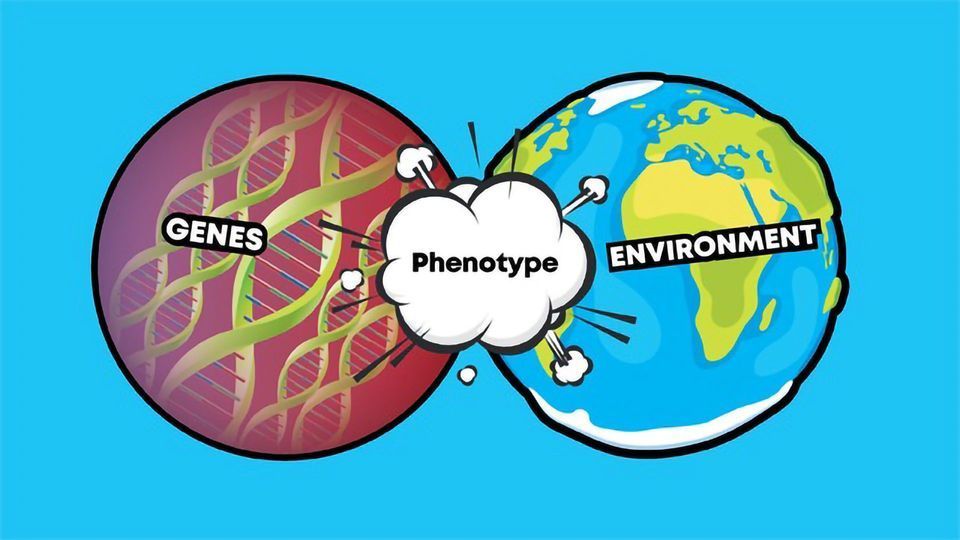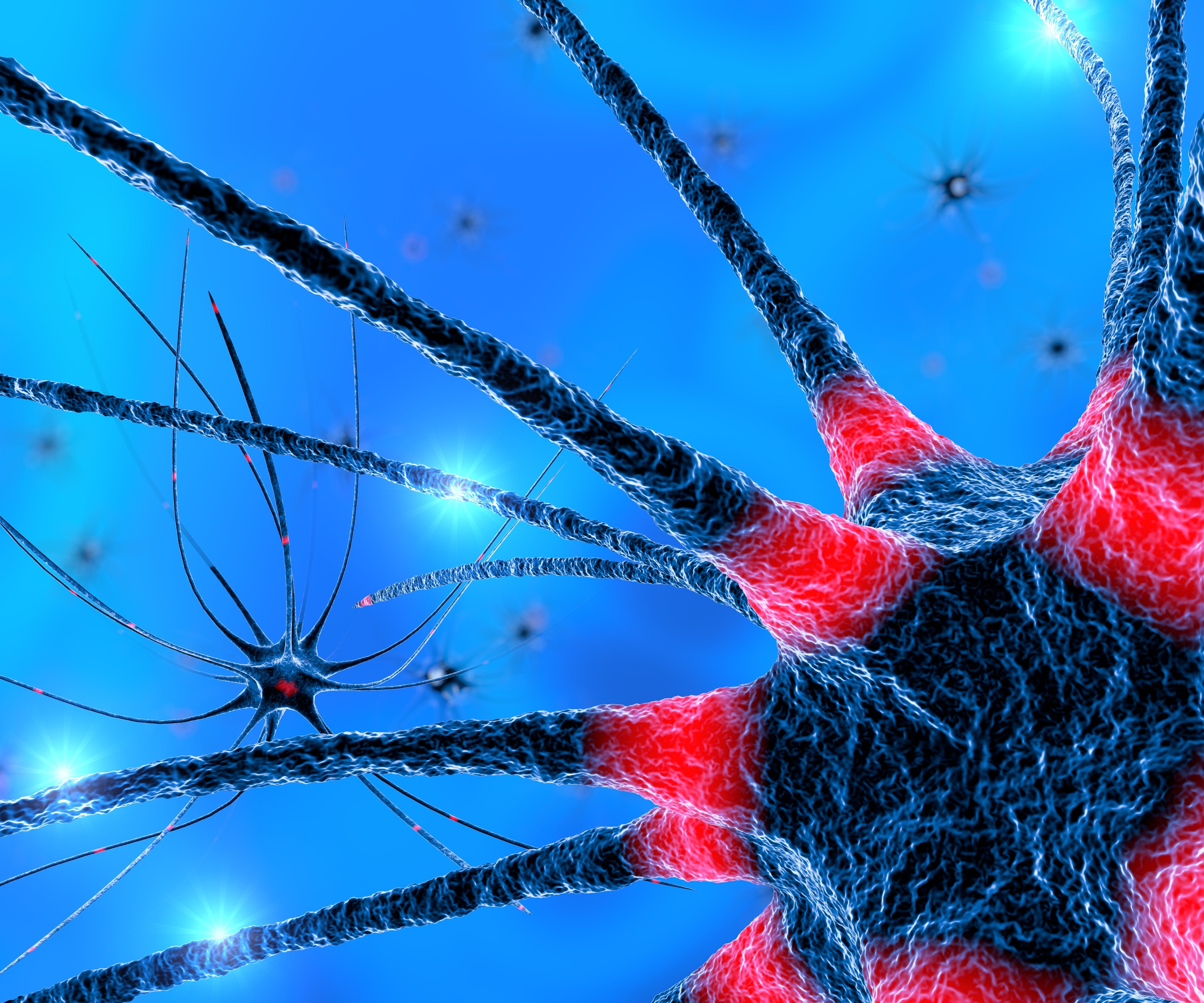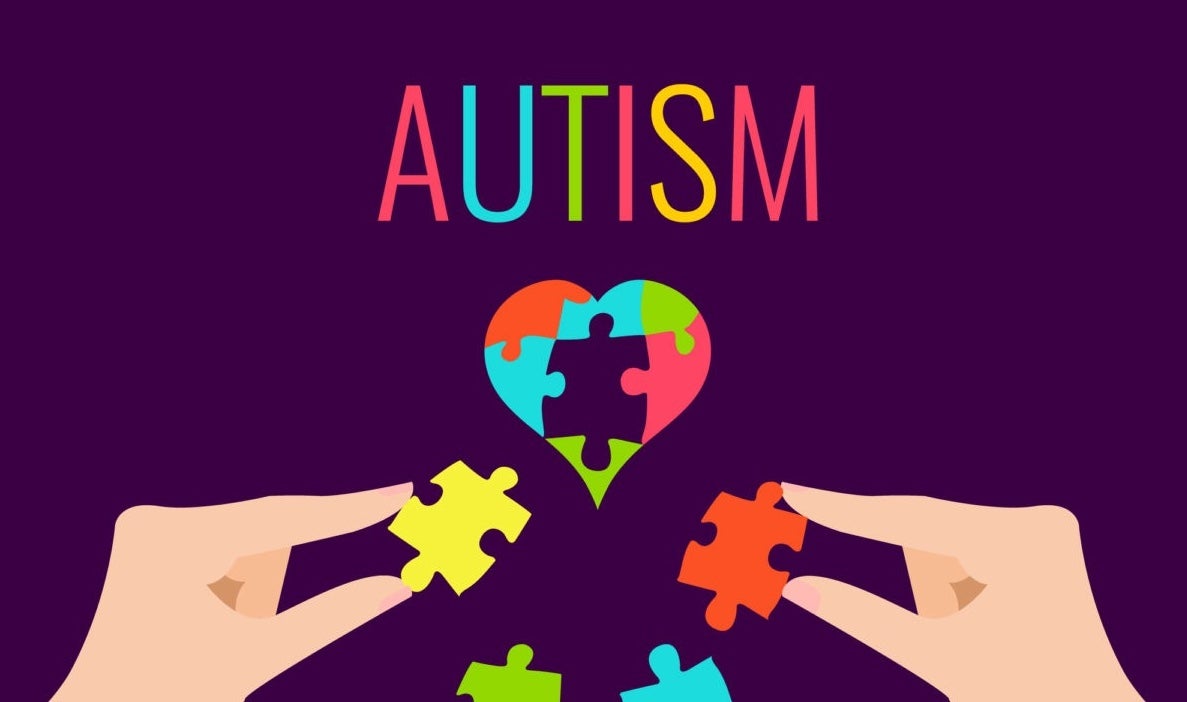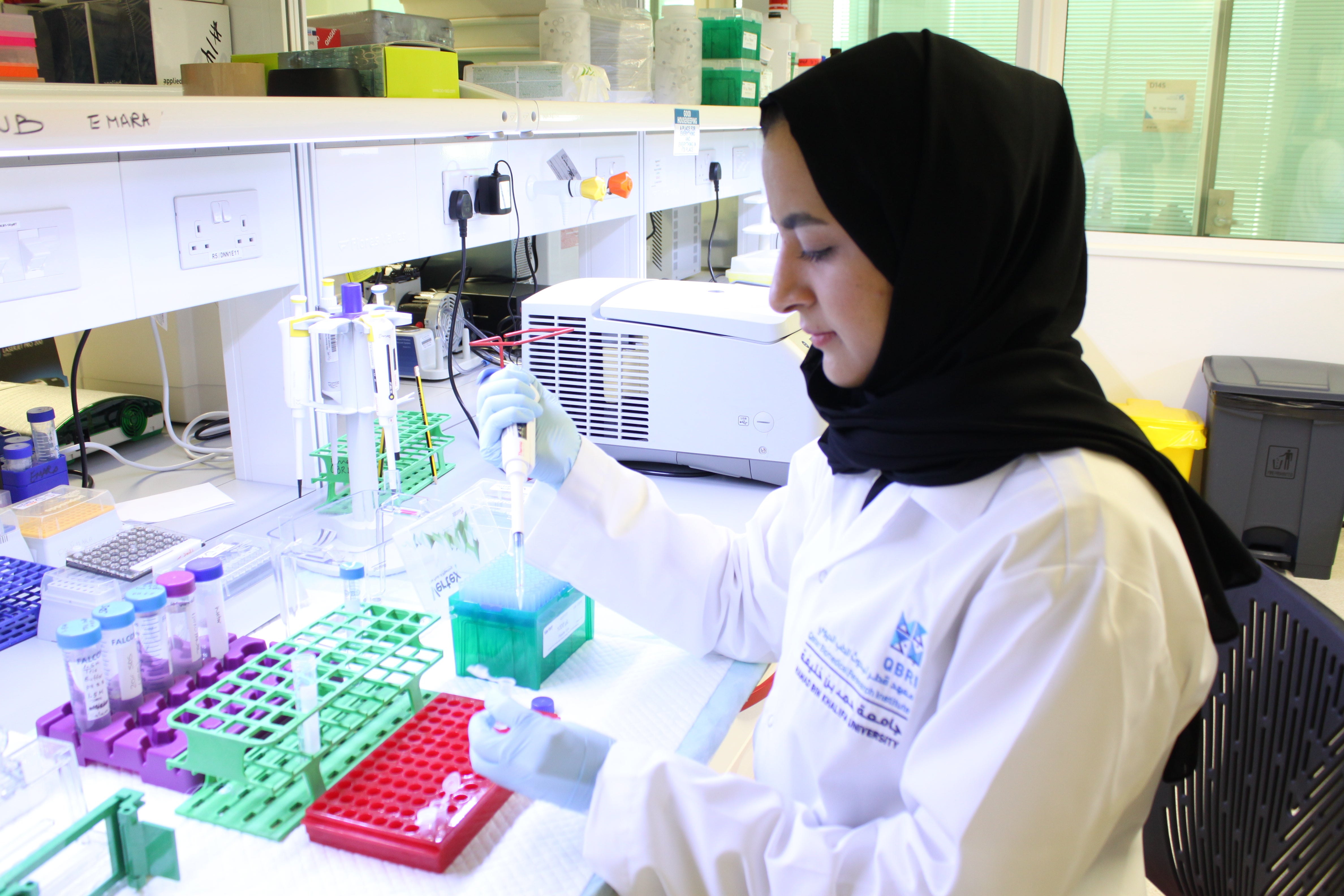While dietary interventions are crucial for managing and inducing remission for Type 2 diabetes, many struggle to stay the course. QBRI’s Abdelilah Arredouani outlines why and how healthcare providers and researchers can support patients during their recovery.
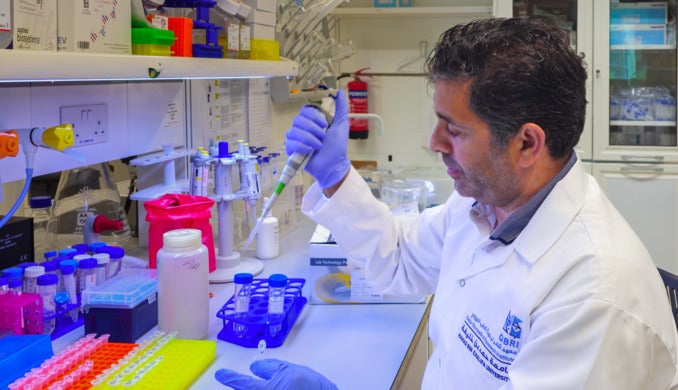
The rising prevalence of Type 2 diabetes mellitus (T2DM) is a global public health concern, with lifestyle factors, particularly diet, playing a crucial role in its development and management. T2DM sufferers are among the 537 million adults living with diabetes around the world. According to the International Diabetes Federation, this figure is expected to increase to 643 million by 2030 and 783 million by 2045.
T2DM is a chronic disorder characterized by insulin resistance and relative insulin deficiency, leading to hyperglycemia (high blood sugar). Common in people with different types of diabetes,hyperglycemia damages nerves, blood vessels, tissues, and organs if left untreated. Chronic hyperglycemia often causes severe and usually irreversible complications, shortening lifespans and worsening quality of life.
Evidence nevertheless suggests that dietary interventions can not only manage but potentially induce T2DM remission. The problem is that achieving and sustaining the weight loss necessary for remission is challenging given that maintaining long-term dietary changes and weight management requires substantial and ongoing effort.
Several dietary regimens have been explored for inducing T2D remission, particularly among patients with a diagnosis of less than 6 years. These include low-energy diets which emphasize rapid weight loss for improving insulin sensitivity and glycemic control, and personalized nutrition which considers individual glycemic responses, diabetes subtypes, and lifestyle factors. On a positive note, a 2023 systematic review and meta-analysis indicated that nutritional changes alone could significantly improve patients’ overall metabolic health.
The findings build on a range of studies highlighting the efficacy of structured weight management programs, intensive lifestyle changes, and other initiatives. These include a randomized controlled (DIADEM-I) trial in Qatar which demonstrated that lifestyle intervention was highly effective in achieving remission, particularly in those diagnosed within the last three years. Additionally, a 2013 Look AHEAD (Action for Health in Diabetes) study, which focused on weight loss and cardiovascular outcomes, showed that significant and sustained weight loss could lead to partial remission of T2DM.
While the potential for remission through dietary and lifestyle adjustments is promising, complete rehabilitation is rare and challenging to maintain. In most studies, remission rates drop over time because of weight regain. This reversal reflects that many T2D patients find the dietary regimens used for weight loss overly restrictive and struggle to maintain long-term adherence. Dietary responses also vary widely among individuals due to factors such as genetics, microbiota composition, and lifestyle. Disparities in access to healthy foods, education, and healthcare resources further hinder the effectiveness of dietary interventions for T2DM remission.
Accordingly, family physicians and healthcare providers have a crucial role to play in supporting T2D patients on their journey toward remission. Practical measures include access to resources that highlight the potential for remission through dietary changes and regular monitoring of patients’ progress on weight loss programs. These should be complemented by access to dietitians, nutritionists, and behavioral therapists to identify and address barriers to dietary adherence, develop personalized dietary plans, and provide ongoing support.
Access to and availability of social support can significantly impact adherence to dietary regimens and long-term outcomes. To this end, joining support groups can provide a sense of community, encouragement, and responsibility. The same is also true of ‘accountability partners’ for sharing goals, challenges, and successes. Group settings can also encourage individuals to partake in exercise, practice mindfulness, and other techniques which encourage healthier lifestyles.
For their part, researchers should increase focus on the long-term effects of dietary interventions on T2D remission, including the risk of relapse and need for ongoing maintenance strategies. Further exploration of personalized dietary recommendations based on genetic, metabolic, and lifestyle factors are also necessary. Consideration should also be given to the effectiveness of combining dietary interventions with other lifestyle changes, such as physical activity and stress management. This in turn should be complemented by an evaluation of the value-for-money of dietary interventions.
The findings of these and related initiatives should ultimately inform healthcare policies that tackle challenges related to adherence, individual variability, accessibility, and long-term sustainability of T2DM interventions. Looking ahead, practitioners from across the health sector will remain essential for guiding patients throughout their treatment, providing education, support, and monitoring to help them achieve and maintain remission. With a concerted effort from patients and healthcare providers, dietary interventions can offer a powerful strategy for reversing the T2DM epidemic and improving the lives of millions affected by this condition.
Dr. Abdelilah Arredouani is a senior scientist at Hamad Bin Khalifa University’s (HBKU) Qatar Biomedical Research Institute.
The thoughts and views expressed are the author’s own and do not necessarily reflect an official University stance.






